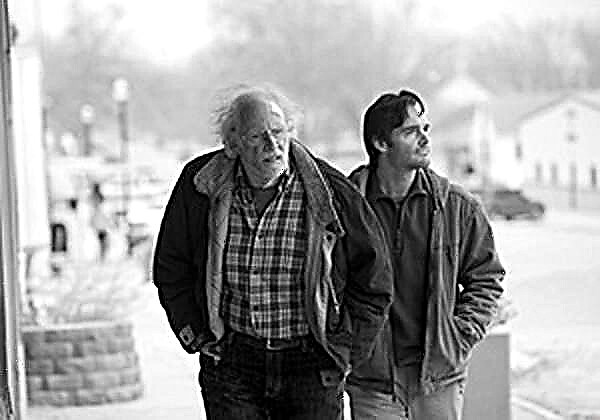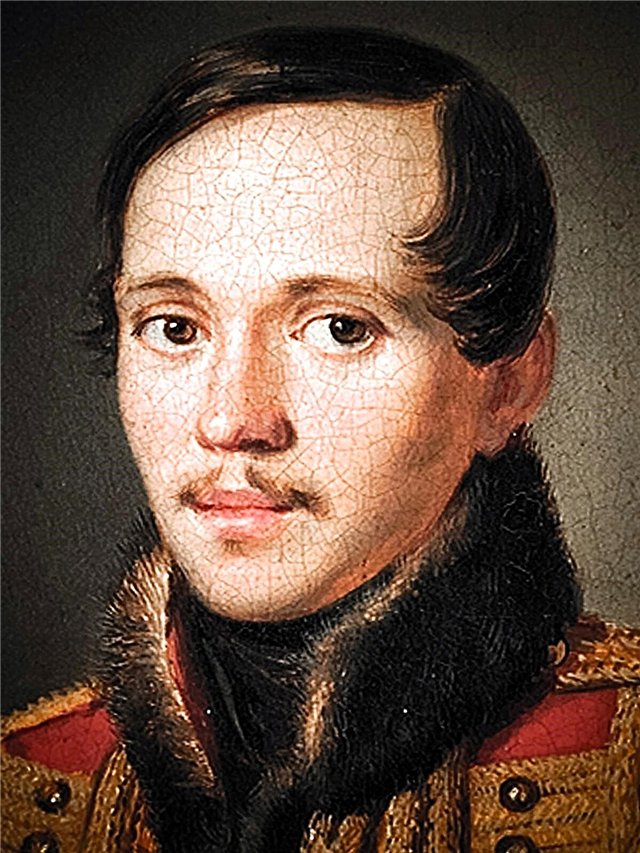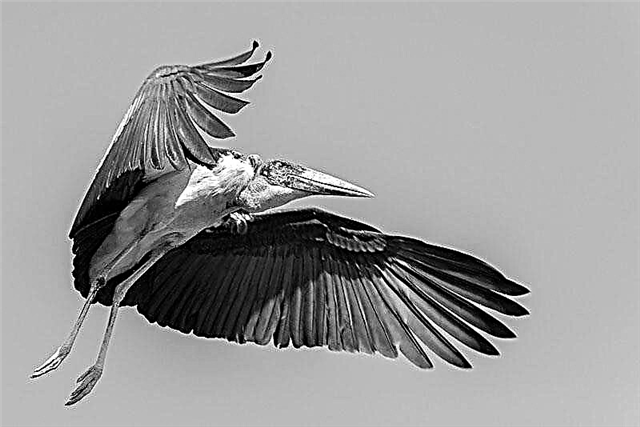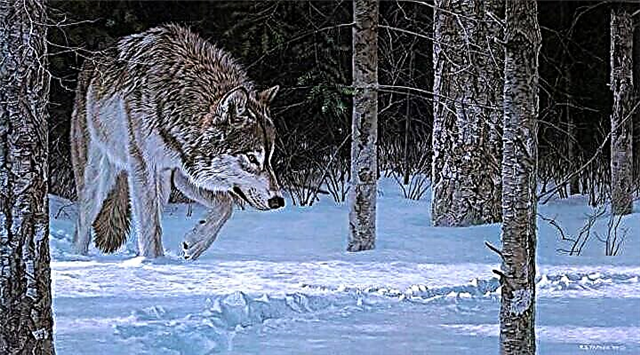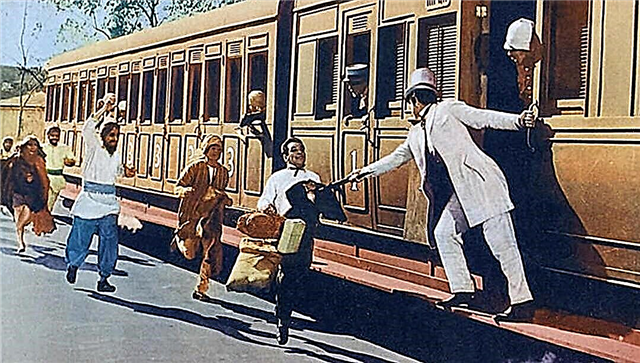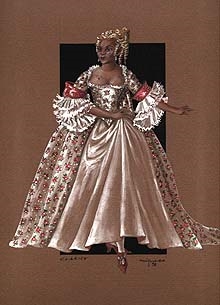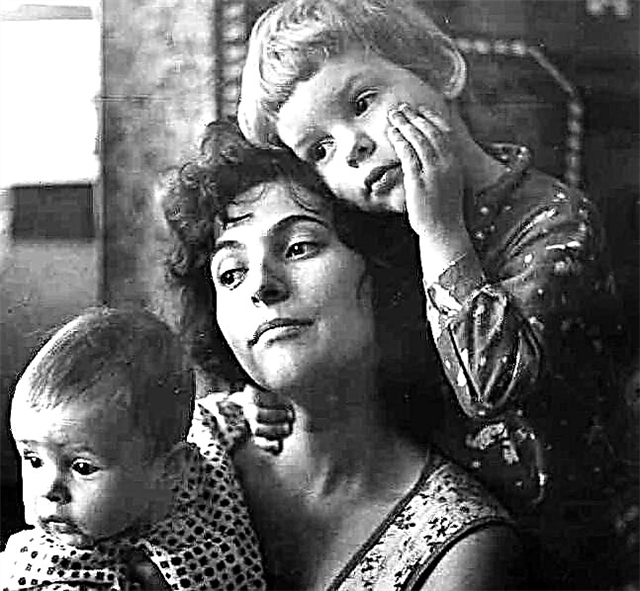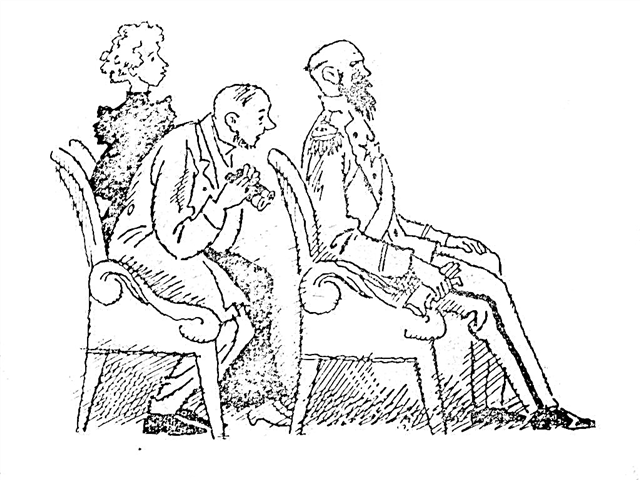"The Acts of Rama" - the ancient Indian epic, consisting of 7 books and approximately 24 thousand couplets-slok; attributed to the legendary sage Valmiki (Vabmiki)
Once the lord of the kingdom of demons-Rahshasas on the island of Lanka was the ten-headed Ravana. He received from God of Brahma the gift of invulnerability, thanks to which no one but man could kill him, and therefore he humiliated and persecuted the heavenly gods with impunity. In order to destroy Ravana, the god Vishnu decides to be born on earth as a mere mortal. Just at that time, the childless king Ayodhya Dasaratha was making a great sacrifice in order to gain an heir. Vishnu enters the womb of his elder wife Kausalya, and she gives birth to the earthly incarnation (avatar) of Vishnu - Rama. The second wife of Dasaratha, Kaikeyi, at the same time gives birth to another son - Bharata, and the third, Sumira - to Lakshmana and Satrughna.
Already a young man having gained his fame with many military and pious deeds, Rama goes to the country of Videhu, whose king, Janaka, invites grooms who claim the hand of his daughter beautiful Sita to the contest. At one time, Janaka, plowing a sacred field, found Sita in his furrow, adopted and raised her, and now destines him as a wife to someone who bends the wonderful bow granted to him by the god Shiva. Hundreds of kings and princes try in vain to do this, but only Rama manages not only to bend the bow, but to break it in two. Janaka solemnly celebrates the wedding of Rama and Sita, and the spouses live for many years in happiness and harmony in Ayodhya in the family of Dasaratha.
But Dasaratha decides to proclaim Rama as his heir. Upon learning of this, the second wife of Dasaratha Kaikeyi, instigated by her maid - the evil hunchback Manthara, reminds the king that he once vowed to fulfill any two of her wishes. Now she expresses these desires: for fourteen years to expel Rama from Ayodhya and anoint her Bharata, the heir to her own son. It is in vain that Dasaratha begs Kaikeyi to abandon her demands. And then Rama, insisting that his father remain true to the word given to him, himself retires into exile in the forest, and Sita and his loyal brother Lakshmana voluntarily follow him. Unable to endure separation from his beloved son, King Dasaratha dies. Bharata should ascend the throne, but the noble prince, believing that the kingdom rightfully belongs not to him, but to Rama, goes to the forest and persuades his brother to return to Ayodhya. Rama rejects the insistence of Bharata, remaining faithful to filial duty. Bharatha is forced to return to the capital alone, however, as a sign that he does not consider himself a full-fledged ruler, he sets the sandals of Rama on the throne.
Meanwhile, Rama, Lakshmana and Sita settle in the hut they built in the Dandake forest, where Rama, preserving the peace of the holy hermits, destroys the monsters and demons annoying them. Once, the sister of Ravana is the ugly Shurpanakha to the cabin of Rama. Having fallen in love with Rama, out of jealousy, she tries to swallow Sita, and an angry Dakshman chopped off her nose and ears with a sword. In humiliation and rage, Shurpanakha incites the brothers to attack a huge army of Rakshasas led by the fierce Khara. However, with a shower of irresistible arrows, Rama destroys both Khara and all his warriors. Then Shurpanakha turns to Ravana for help. She urges him not only to avenge Khara, but, seducing him with the beauty of Sita, kidnap her from Rama and marry her. In a magic chariot, Ravana flies from Lanka to the Dandaku forest and orders one of his subjects, the demon Mariche, to turn into a golden deer and distract Rama and Lakshmana from their homes.When Rama and Lakshmana at the request of Sita go deeper after the deer into the forest, Ravana forcibly puts Sita in his chariot and carries it through the air to Lanka. The king of the kites Jatayus tries to block his path, but Ravana mortally wounds him by cutting off his wings and legs. In Lanka, Ravana offers Sita wealth, honor and power, if only she agrees to become his wife, and when Sita rejects all his claims with contempt, concludes her in custody and threatens to punish death for her obstinacy.
Not finding Sita in the hut, Rama and Lakshmana in great tribulation set off in search of her. From the dying kite Jatayus they hear who her captor was, but they don’t know where he hid with her. Soon they meet the king of monkeys Sugriva, deprived of the throne by his brother Valin, and the wise adviser to Sugriva monkey Hanuman, the son of the god of the wind Vayu. Sugriva asks Rama to return the kingdom to him, and in return promises help in the search for Sita. After Rama kills Valin and again puts Sugriva on the throne, he sends his scouts to all directions of the world, instructing them to find the traces of Sita. It is possible to do this sent to the south by monkeys led by Hanuman. Hanuman learns from the kite Sampati, the brother of the deceased Jatayus, that Sita is in captivity in Lanka. Having pushed off the mountain of Mahendra, Hanuman finds himself on an island, and there, having shrunk to the size of a cat and having run around the entire capital of Ravana, he finally finds Sita in a grove, among ashoka trees, under the protection of ferocious Rakshasa women. Hanuman manages to secretly meet with Sita, convey the message of Rama and console her with hope for a speedy release. Hanuman then returns to Rama and tells him about his adventures.
With a myriad army of monkeys and their bears allies, Rama goes on a campaign in Lanka. Hearing about this, Ravana gathers a council of war in his palace, at which the brother of Ravana Vibhishan, in order to avoid the death of the Rakshasa kingdom, demands that Sita Rama be returned. Ravana rejects his demand, and then Vibhishana goes over to the side of Rama, whose army has already camped on the ocean opposite Lanka.
According to the instructions of Nala, the son of the heavenly builder Vishvakarman, the monkeys build a bridge over the ocean. They fill the ocean with rocks, trees, stones, along which the army of Rama is transported to the island. There, at the walls of the capital of Ravana, a fierce battle begins. Rama and his loyal comrades-in-arms Lakshmana, Hanuman, nephew of Sugriva Angada, the king of bears Jambavan and other brave warriors are confronted by hordes of Rakshasas with the commanders of Ravana Vajradamshtra, Akampana, Prahasta, Kumbhakarn. Among them, the son of Ravana Indrajit, knowledgeable in the art of magic, is especially dangerous. So, he manages, becoming invisible, mortally wound with his arrow-snakes Rama and Lakshmana. However, on the advice of Jambavan, Hanuman flies far north and brings to the battlefield the top of Mount Kailasy, overgrown with healing herbs, which heals the royal brothers. One by one, the leaders of the Rakshasas fall slain; at the hands of Lakshmana, Indrajit, who seemed invulnerable, perishes. And then Ravana himself appears on the battlefield, who enters a decisive duel with Rama. In the course of this fight, Rama cuts off all ten goals of Ravana in turn, but each time they grow again. And only when Rama hits Ravana in the heart with the arrow granted by Brahma, does Ravana die.
The death of Ravana means the end of the battle and the complete defeat of the Rakshasas. Rama proclaims the virtuous Vibhishan the king of Lanka, and then orders to bring Sita. And then in the presence of thousands of witnesses, monkeys, bears and Rakshasas, he expresses her suspicion of adultery and refuses to accept again as his wife. Sita resorts to divine judgment: she asks Lakshman to build a funeral pyre for her, enters his flame, but the flame spares her, and the fire god Agni, who has risen from the fire, confirms her innocence.Rama explains that he himself did not doubt Sita, but only wanted to convince her warriors of the impeccability of her behavior. After reconciliation with Sita, Rama solemnly returns to Ayodhya, where Bharata joyfully gives him a seat on the throne.
However, the misfortunes of Rama and Sita did not end there. Once Rama was informed that his subjects did not believe in Sita’s good nature and grumble, seeing in her a corrupting example for their own wives. Rama, no matter how hard it is, is forced to submit to the will of the people and orders Lakshmana to take Sita to the hermits in the forest. Sita with deep bitterness, but steadfastly accepts a new blow of fate, and she is taken under her protection by the sage-ascetic Valmiki. In his monastery, Sita gives birth to two sons from Rama - Kush and Lava. The Valmiki educates them, and when they grow up, he teaches them a poem composed by him about the acts of Rama, the very “Ramayana,” which later became famous. During one of the royal sacrifices, Kush and Lava read this poem in the presence of Rama. In many ways, Rama recognizes her sons, asks where their mother is, and sends for Valmiki and Sita. Valmiki, in turn, confirms Sita's innocence, but Rama once again wants Sita to prove her purity of her life to all the people. And then Sita as the last testimony asks the Earth to wrap her in her mother's arms. The earth unfolds before it and takes into its fold. According to the god Brahma, now only in heaven is Rama and Sita destined to find each other again.

